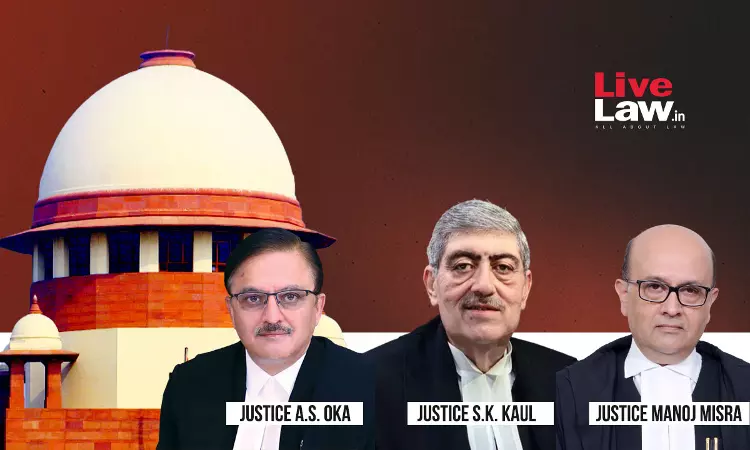Is Affinity Test Integral To Determine Caste Status? Supreme Court Commences Hearing On Reference
Sohini Chowdhury
9 Feb 2023 10:13 AM IST

Next Story
9 Feb 2023 10:13 AM IST
The Supreme Court, on Wednesday, commenced with the hearing of the reference order which pertains to the question - whether the affinity test is integral to the determination of caste status made by the Caste Scrutiny Committee.The sub-stratum of the appellants’ argument was that though not alien to the process of caste status determination, the affinity test has corroborative value. The...
